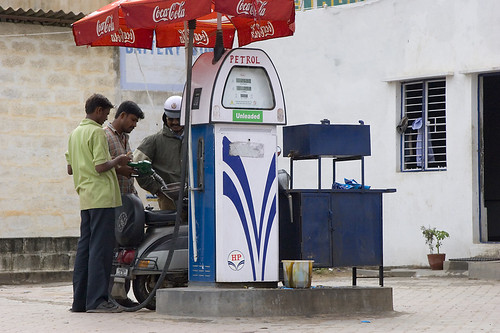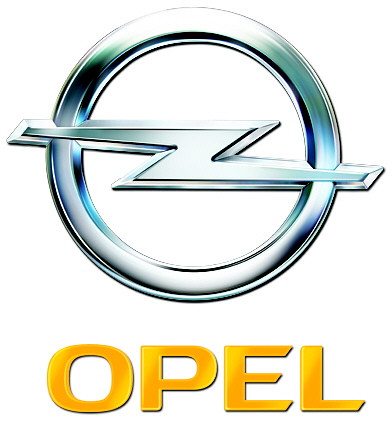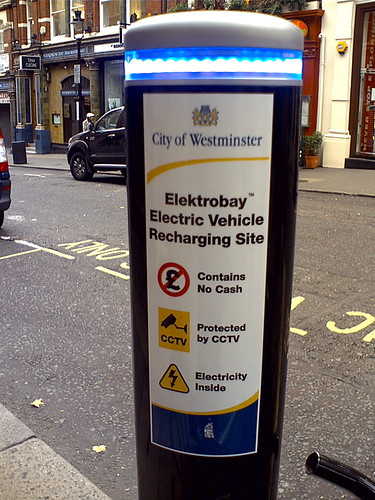India ponders fuel price deregulation; News sparks a rally for refinery shares
(Source: Bloomberg & Wall Street Journal)
India may lift a 5 1/2-year cap on pump prices of gasoline and diesel, the first market-opening move by Prime Minister Manmohan Singh since his election victory this month. Shares of refiners surged.
Oil Minister Murli Deora said he plans to seek cabinet approval within six weeks to free up fuel prices from state control. “The government has taken notice and is working on” a proposal, he told reporters in New Delhi.“We will ensure that fuels reach people at the right time and at the right price,” Deora said today.
Indian state-owned refiners used to set retail fuel prices twice a month after the government ended controls on oil products in April 2002. That stopped in December 2003 after the then Bharatiya Janata Party-led government barred them from raising rates before the May 2004 elections.
Mr. Deora said the government would consider deregulating prices of natural gas only after a decision on deregulating oil prices is taken.
Indian Oil gained 6.8 percent to 609 rupees in Mumbai trading, the highest level since Jan. 17, 2008. Bharat Petroleum Corp., the second-biggest state-run refiner, climbed 3.7 percent to 464.70 rupees, while Hindustan Petroleum Corp. added 8.4 percent to 362.95 rupees.
Indian Oil shares have climbed 42 percent since Prime Minister Singh’s government was re-elected on May 16 without the support of communist lawmakers who oppose fuel-price increases. That led to speculation that the government will relax the pricing curbs. The benchmark Sensitive Index has gained 20 percent in the same period and advanced 52 percent this year.
State refiners sell automobile and cooking fuels below cost, at prices fixed by the government, to curb inflation which has held below 1 percent for 11 straight weeks. Retail fuel prices haven’t been changed since January, when they were cut for the second time in two months.









 Likewise, we hope to find common ground among metropolitan areas in the Southwest Megaregion on programs and policies that would help regions and subregions meet their core infrastructure challenges. The forum marks the first major convening of the west coast office of America 2050, housed at the
Likewise, we hope to find common ground among metropolitan areas in the Southwest Megaregion on programs and policies that would help regions and subregions meet their core infrastructure challenges. The forum marks the first major convening of the west coast office of America 2050, housed at the 


